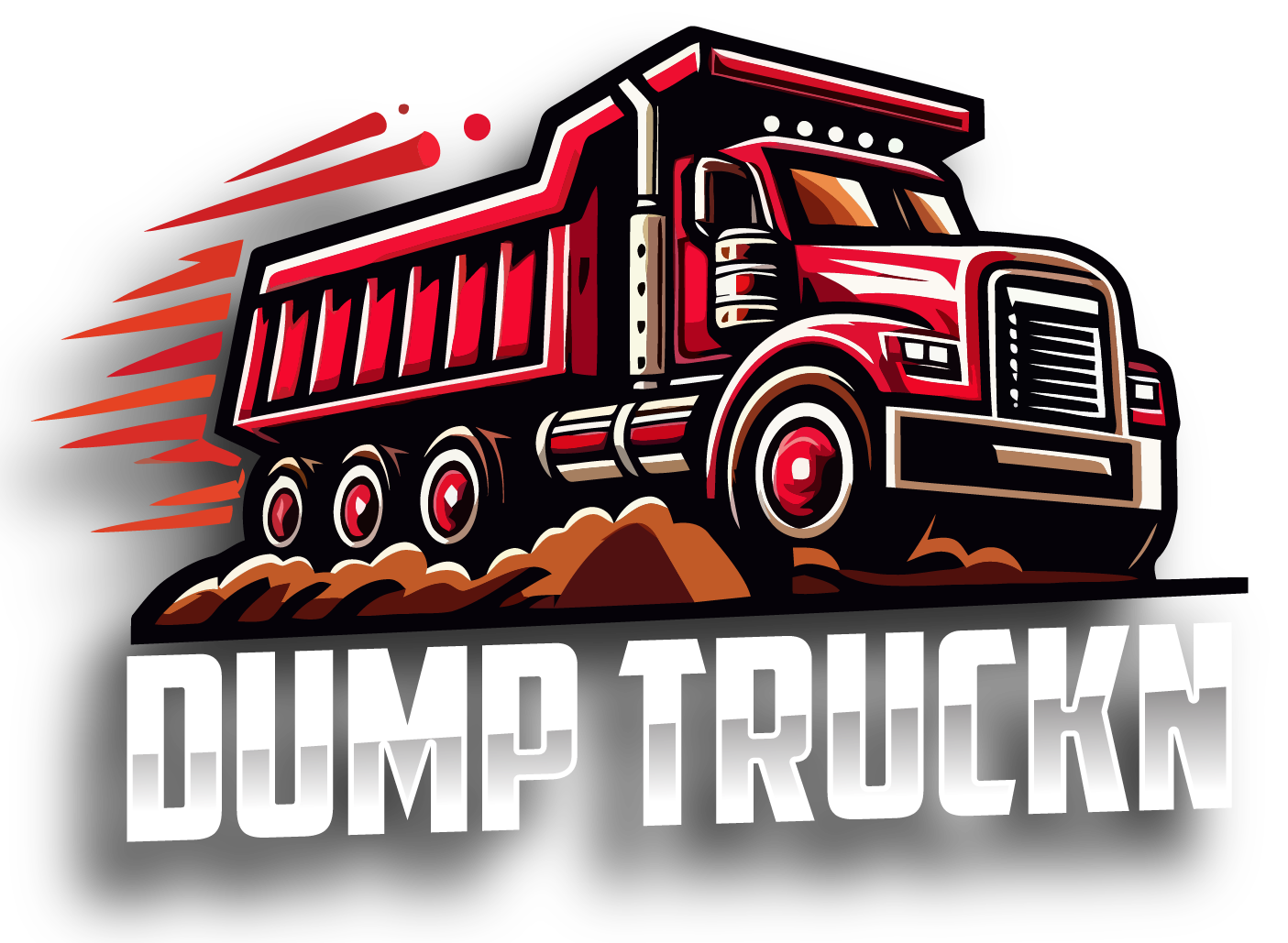Buying Your First Dump Truck

Guide to Buying Your First Dump Truck
Buying your first dump truck is a big step. It can help you start or grow your business. But where do you begin? This guide will walk you through the process of buying your first dump truck, including key considerations and tips to make an informed decision.
1. Determine Your Needs
Before you buy, think about how you’ll use your dump truck. Consider these questions:
- What type of materials will you haul? For heavy loads like gravel or concrete, choose a truck with a high weight capacity. Often this means getting a truck with more axles.
- Where will you operate? If you will be driving off-road, look for a truck with good suspension and ground clearance.
- How often will you use it? For daily use, invest in a reliable truck with lower mileage or newer features.
2. Decide Between New and Used
Both new and used dump trucks have advantages:
- New Trucks: These come with warranties and modern technology but are more expensive. Staying out of the repair shop keeps revenue coming in so you need to consider both the benefits of having a more reliable truck and risks involved in taking on more debt. Typically having a strong and reliable truck results in more uptime, less uncertainty, and more revenue.
- Used Trucks: These dump trucks cost less upfront, but may require more maintenance. Maintenance can cost both more money to fix and lost revenue for unexpected downtime. For tips on budgeting for your dump truck, read How Much Is a Dump Truck Payment?
To learn more about the pros and cons of new and used dump trucks, read our New VS Old blog post.
3. Inspect the Truck Carefully
If you’re buying used, inspect the truck thoroughly. Check for:
- Signs of rust, especially on the body and frame.
- Engine and transmission health by requesting maintenance records.
- Tire condition to ensure safety and durability.
Hiring a mechanic for a professional inspection is also a good idea.
4. Explore Financing Options
Dump trucks can cost $30,000 to $200,000 or more. Few people buy one outright. Instead look into financing options:
- Check your credit score. A higher score can secure better loan terms.
- Research lenders who specialize in commercial vehicle loans. Start with our blog on Best Dump Truck Financing Options.
5. Plan for Operating Costs
Owning a dump truck involves more than just the purchase price. Budget for:
- Fuel costs, which can vary by region and usage.
- Maintenance and repairs. Regular upkeep can prevent expensive breakdowns and downtime.
- Insurance, which protects your investment.
6. Build a Network
Starting out as a first-time dump truck buyer? Build a network of contacts. Contractors, suppliers, and other drivers can help you find work. Download our Free Find Dump Truck Work Checklist for a list of ideas to get started.
7. Take Your Time
Finally, don’t rush the buying process. Research the market, compare options, and negotiate prices. Patience can save you thousands of dollars.
Conclusion
Buying your first dump truck is an exciting step, but it’s important to make informed decisions. From determining your needs to exploring financing options, each step plays a key role in setting up your business for success.
Be sure to explore more of our blog posts tailored to dump truck drivers. Check out How Much Is a Dump Truck Payment? to plan your budget or How to Finance a Dump Truck to find high level information to help you learn about financing options the right loan for your needs. With the right resources, you’ll be well-equipped to grow your dump truck business.
Ready to learn more? Dive into our blog for additional tips and tools to support your journey as a dump truck owner-operator.
Disclaimer: The information provided in this blog post is for informational purposes only. Any companies or services mentioned are not endorsed by us. We encourage readers to conduct their own research and due diligence before engaging with any services or companies discussed. Your decisions should be based on your individual needs and circumstances.







